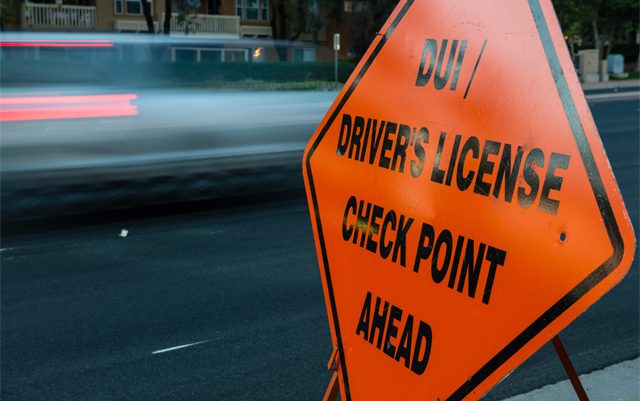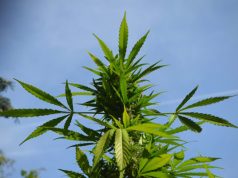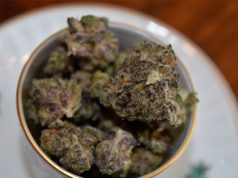As many of you know, much of my day is spent perusing news related to cannabis. Much of what I opine on and analyze is pretty straightforward news, but sometimes I will use this space to rebut an opinion piece I disagree with.
But there are rare occasions where something is so weirdly constructed and misleading that I feel compelled to point it out.
Today’s installment is an article from CNN entitled “Weed impairs driving skills long after the high is gone.” My first thought was that since THC content in blood can in no way point to impairment, this will be some sort of attempt to claim that THC in blood is accurate after all, since you are still “impaired” long after you are no longer high.
The study in question used a driving simulator and looked at “heavy users”, which was “defined by daily or near daily use, a minimum of four or five times a week, with a lifetime exposure of 1,500 times.” After 12 hours of non-use for users who were “based on urine tests…not intoxicated on THC”, whatever that means, it was shown that heavy users still drive much worse than non-users, the worst results coming from heavy users who started before the age of 16.
Staci Gruber, director of the Marijuana Investigations for Neuroscientific Discovery (MIND) program at McLean Hospital, opines that early marijuana use negatively affects the part of the brain responsible for cognitive performance and impulse control. The discussion of impulse control is immediately followed by this little nugget:
Does this same concern apply to users of medicinal marijuana? Not at all, Gruber says.
“In our medical cannabis patients we don’t see that at all. We actually see improvements,” she said.
I have to admit, I’m stumped here. Is she saying that people having what they deem as medical problems means that marijuana helps with impulse control? After all, recreational and medical marijuana users are consuming the same marijuana. The marijuana isn’t different depending on the reason the person who is consuming it says they need it or whether or not their stated ailment happens to be a qualifying condition in the state they live in.
How could the same marijuana have a completely different effect, depending on whether or not the user lands in the very subjective “medical” category? And what if a different state deems other conditions as qualifying? Would someone going from state to state have the cannabis affect them differently depending on their medical status in the eyes of the law?
In the end, we are talking about one study versus many others that have shown that cannabis has minimal effects on driving. Even the study authors caution – as they all do – that more research needs to be done.
Of course, no one is advocating for people to get high and drive. But we also can’t be hysterical about it and must look for ways to minimize whatever risk there may be.







As you have shown, this is just a piece of junk science, of which there is a mountain of, generated by rabidly prohibitionist groups like NIDA.
Marijuana is not alcohol. The preponderance of the REAL research shows marijuana consumption is NOT a significant cause of auto accidents.
In 2015, the U.S. Department of Transportation’s National Highway Traffic Safety Administration, found that while drunken driving dramatically increased the risk of getting into an accident, there was no evidence that using marijuana heightened that risk.
In fact, after adjusting for age, gender, race and alcohol use, the report found that drivers who had recently consumed marijuana were no more likely to crash than drivers who were not under the influence of any alcohol or drugs.
Studies show medical marijuana law states have lower traffic fatality rates compared to states that haven’t legalized.